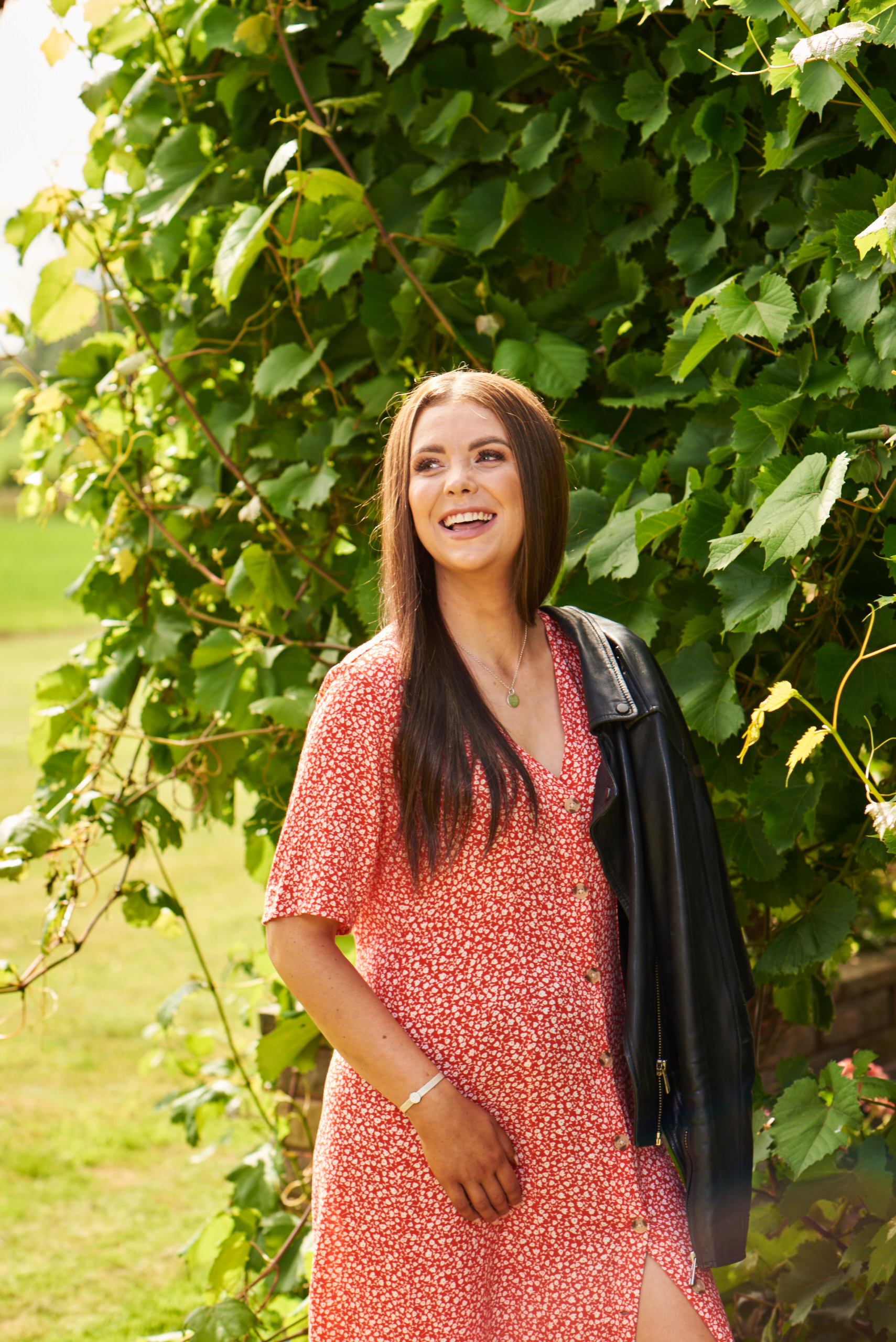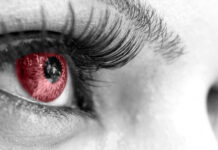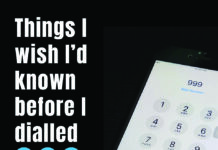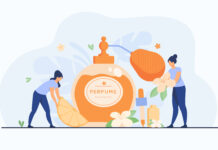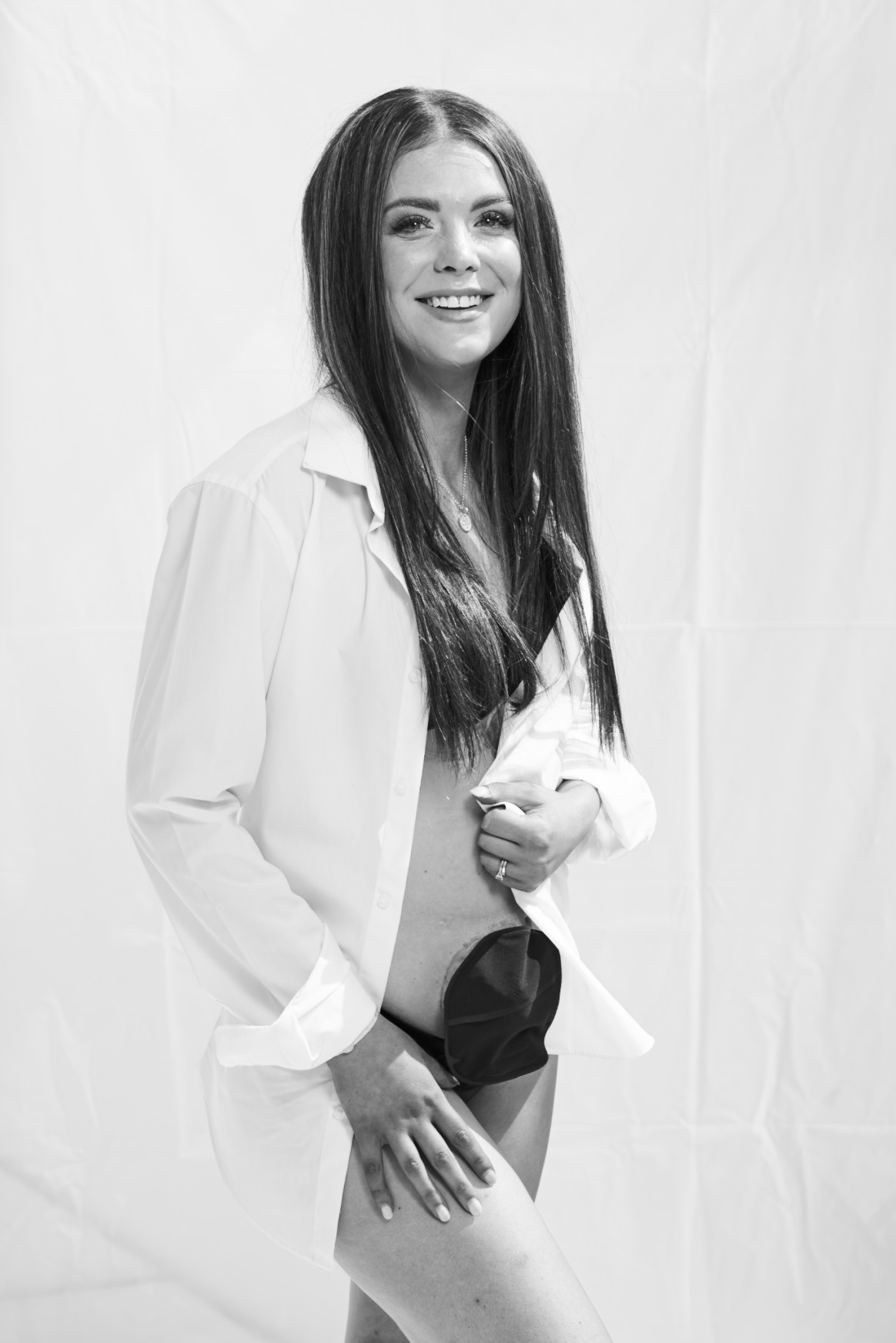
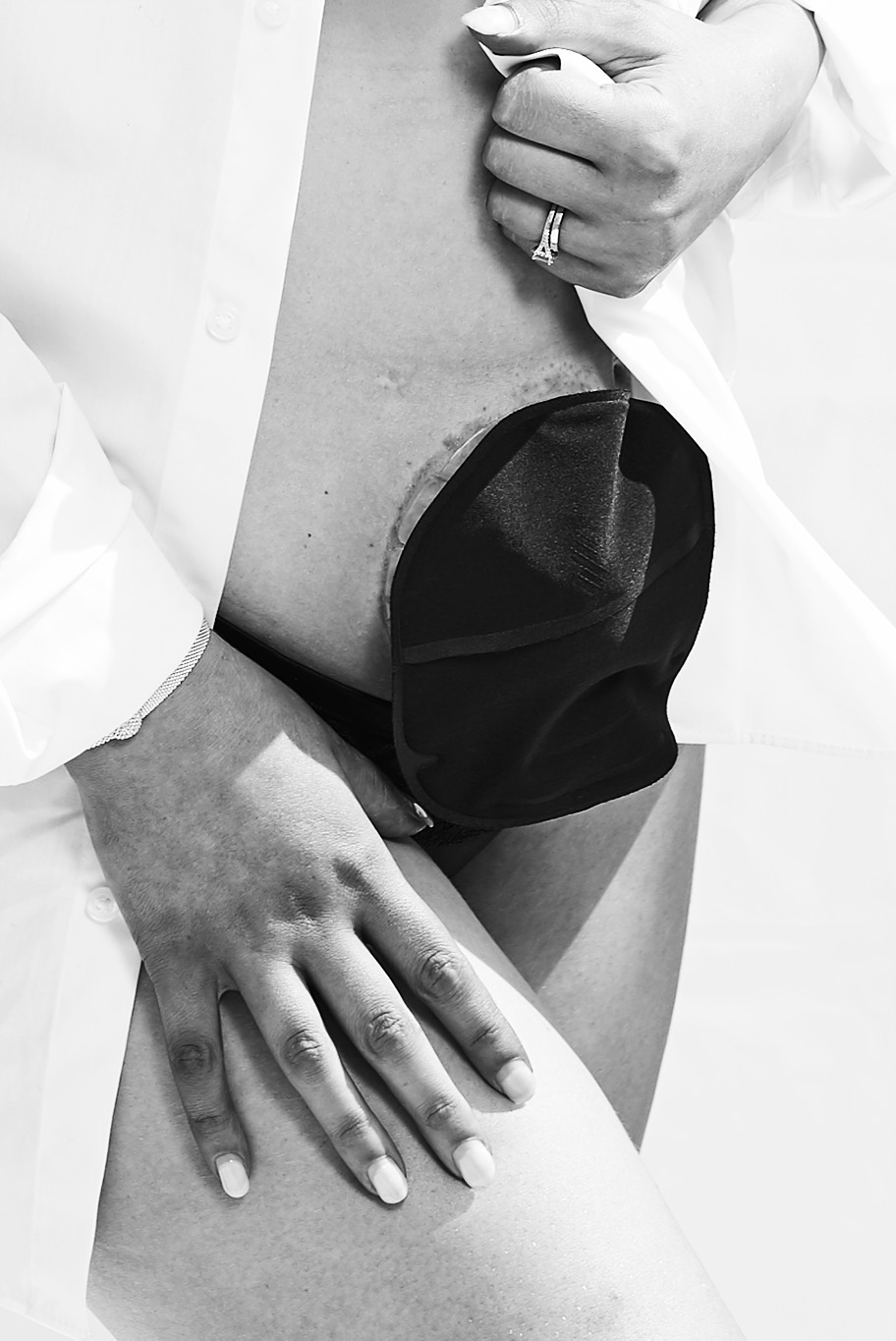
I was diagnosed with perianal Crohn’s disease in 2004 at the age of 10. Crohn’s disease is an inflammatory bowel disease. Symptoms include sickness, diarrhoea, blood loss, severe weight loss, fatigue, anaemia, hair loss, joint pain, eye and skin inflammation, fistulas, loss of appetite, chronic infections, severe tummy pains and mouth ulcers.
Throughout the last 18 years, I have undergone over 100 operations which have included peg feeding, having infections drained, examinations whilst asleep and in 2014 the decision was made to remove my large bowel, rectum and anus as my disease had become so severe I wasn’t able to lead a normal life and my condition had become life-threatening.
I now live with a permanent colostomy bag. Since this surgery I have gained some quality of life back, but my disease is still active and now affects my mouth, throat and pelvis. I’m currently unable to swallow solid food and I’m still under continuous care from a specialist team.
My illness has unfortunately always held me back. It has prevented me being able to work full-time or to gain a career. I’m currently a student nurse but the full-time hours are a struggle and my illness has taken its toll on my attendance at university.
I’m married to my lovely husband Reece and we have two beautiful and, thankfully healthy, children, Niamh 8 years and Otis 6 months. Following my big operation in 2014, I was left unable to conceive and so we had IVF treatment in 2019 and welcomed our miracle baby Otis in February 2020.
My disease tends to control my day and so I don’t like to make plans too far in advance as I never know how poorly I may be that particular day. Some days I wake up and feel relatively OK and I can carry on with whatever I have planned. However, some days I’m unable to leave my home due to suffering from diarrhoea and fatigue. In 18 years I’ve never woken up feeling healthy and full of energy.
I’m very thankful to my mum who helps me to take care of my children when the bad days strike. Without her, I wouldn’t be able to get the rest I need on those bad days. My daughter Niamh is very aware of my illness and the fact that I have a colostomy bag. To her, mummy is normal. I have never shied away from Niamh seeing me naked and she sees me change my bag all the time. It’s always been important for me to raise my children to have a realistic view of a normal body. By normal I mean a body that has scars, stretch marks and lumpy bits because for most women, that is their normal and I never want my daughter to feel that photoshopped images online are what she needs to aspire to.
There was never an occasion where I sat her down and told her that mummy is poorly. I have just always made sure that we talk about it openly as a family and so she doesn’t know any different. However, Niamh is extremely protective of me and I know she becomes very anxious if she thinks I may need to go to hospital and so that does indicate that it has also had an impact on her life already.
My children are my purpose and so even when I feel really poorly, they keep me going and give me a reason to get out of bed each morning. If it wasn’t for them, I don’t think I would cope as well as I do. Sometimes I feel so guilty because I can’t take care of them on my own if I’m poorly, and so I need a lot of help from my husband and my mum and I’m so thankful that I have that support network because some people aren’t so lucky.
I’ve lost count of the number of times someone has said, ‘I would never have guessed that you have Crohn’s disease.’ It’s a blessing in some ways as we can to an extent live what some would call a normal life and fit in with the rest of society. We can hide our illness often. However, when I feel so poorly and I need people to understand and, most importantly, take me seriously, it can be really challenging.
In general, society has always reacted well to me. Sometimes we should give people more credit as there are still some lovely and accepting people in the world. There will always be people who aren’t so kind, but I’ve developed a very thick skin over the years and I try to focus on people who support me. I just feel that society needs more education on invisible illnesses. I would love it to be introduced into education so that people with illnesses like mine can get the support and acceptance they need.
However, there are still people who like to tell me off for using a disabled toilet. I have my own toilet card and radar key and I have every right to use a disabled toilet. But because I don’t look disabled on the outside, people can be quite ignorant and quick to judge.
The one piece of advice I would give to anyone with a disability would be to always talk about it. I’ve held on to a lot of anger over the years and I didn’t start talking about my condition until I became an adult. Talking to someone you trust will help you to cope with the struggles and sadness a disease like this can bring, and remember it’s OK to have a good cry. Accept that it’ll always be a part of you, but it’s not who you are.
I’ve never felt that I have been treated differently, except that friends and family try to wrap me in cotton wool more than they would others.
I feel society needs a lot more education. Some people have heard of Crohn’s disease, but they thinks it’s IBS or they think it’s a condition where you just poo yourself. What people don’t understand is that it affects your whole body and it can even lead to certain cancers and organ failure. It’s a serious disease that needs more awareness and more understanding.
Experiencing the worst of my symptoms as a child was so scary, as my brain wasn’t mature enough to understand what was happening and I wasn’t able to cope with the emotions that came with it. Children especially need educating, so that they can help future understanding. This way more support can be provided.
My mental health has certainly suffered over the years. I suffer with bad anxiety as there have been times where I’ve not got to a toilet in time in public and so it’s made leaving the house difficult. There are days when I feel lots of different emotions, such as sadness, anger and bitterness, as I’ve always felt a little hard done by, and I’ll happily admit that. I cope so much better now, as I’ve learnt how to live with it, but I still have bad days.
By Emily Walters
